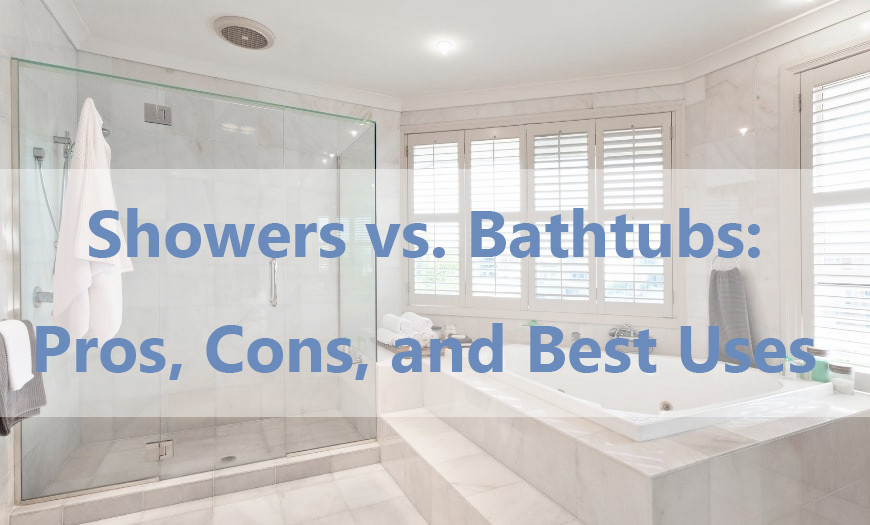
When it comes to choosing between a shower and a bathtub, the decision often boils down to personal preference and specific needs. Both options offer unique benefits and potential drawbacks, and what might be perfect for one person may not be ideal for another. Here’s a detailed comparison to help you decide which might be better for you: showers vs. bathtubs.
Showers: The Modern Convenience
1. Time-Efficiency: Showers are significantly quicker than baths. In today’s fast-paced world, many people appreciate the convenience of a quick shower. Whether you’re rushing to work in the morning or winding down after a long day, showers provide a rapid and efficient way to get clean.
2. Water Conservation: Showers typically use less water than baths, especially if you have a low-flow showerhead. According to the U.S. Environmental Protection Agency (EPA), the average shower uses about 17.2 gallons of water, whereas a full bathtub can use up to 70 gallons. Therefore, showers can be more environmentally friendly and cost-effective.
3. Space-Saving: Showers take up less space than bathtubs, making them an ideal choice for smaller bathrooms. They can be designed to fit into corners or small alcoves, maximizing the available space in your bathroom.
4. Accessibility: Showers are generally more accessible than bathtubs, particularly for older adults or individuals with mobility issues. Walk-in showers, in particular, offer a safer alternative as they reduce the risk of slipping and falling. Adding grab bars and non-slip mats can further enhance safety.
5. Versatility and Modern Design: Showers offer a wide range of design options, from sleek, minimalist setups to luxurious, spa-like experiences with multiple showerheads and body jets. Modern showers can include features such as steam options, rainfall showerheads, and digital controls, providing a customized and high-end experience.
Drawbacks of Showers:
- Lack of Relaxation: Showers may not offer the same level of relaxation as a long soak in a bathtub. For some, the experience of a shower can feel rushed and less soothing.
- Limited Use for Children: For families with young children, showers may not be the most practical option. Bathtubs provide a safer and more fun environment for bathing kids.
Bathtubs: The Classic Comfort
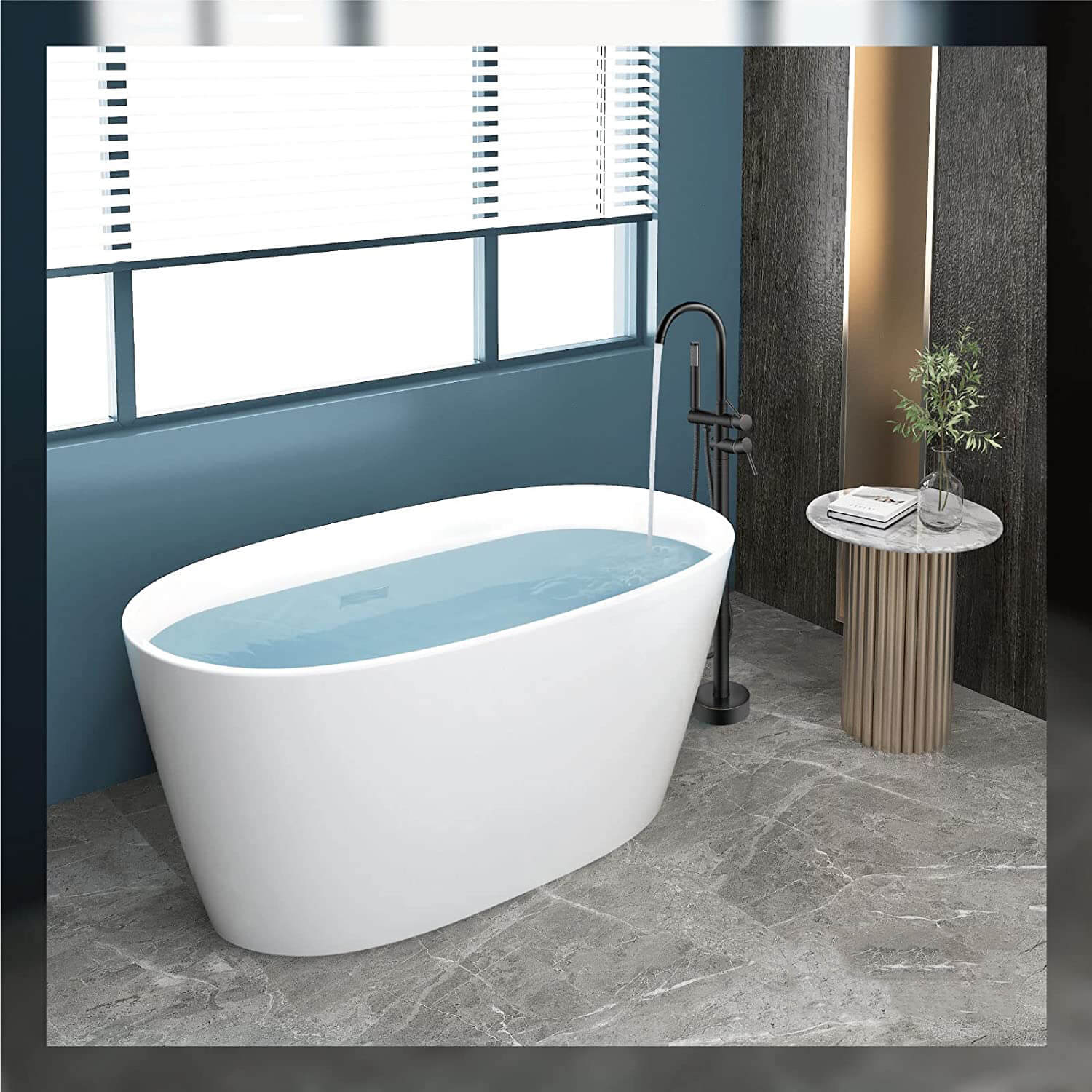
1. Relaxation and Stress Relief: One of the primary benefits of bathtubs is their ability to provide relaxation and stress relief. A warm bath can soothe sore muscles, improve circulation, and provide a mental escape from daily stressors. Adding bath salts, essential oils, or bubbles can enhance this relaxing experience.
2. Therapeutic Benefits: Bathtubs are often recommended for hydrotherapy, which can be beneficial for individuals with certain medical conditions, such as arthritis or chronic pain. Soaking in warm water can help alleviate pain and stiffness, making it a valuable option for therapeutic use.
3. Bathing Children and Pets: Bathtubs are more practical for bathing young children and pets. The larger space allows for more movement and play, making bath time a fun and less stressful experience for both kids and parents.
4. Aesthetic Appeal and Home Value: A well-designed bathtub can add a touch of luxury to a bathroom and increase the overall appeal and value of a home. Freestanding tubs, clawfoot tubs, and whirlpool baths can serve as focal points in a bathroom, enhancing its aesthetic appeal.
5. Variety of Options: Bathtubs come in various shapes, sizes, and materials, offering a wide range of choices to suit different tastes and bathroom designs. From classic porcelain tubs to modern acrylic or fiberglass options, there is a bathtub to fit almost any style.
Drawbacks of Bathtubs:
- Water Usage: Bathtubs require significantly more water than showers, which can lead to higher water bills and a larger environmental footprint.
- Space Requirements: Bathtubs take up more space than showers, which can be a disadvantage in smaller bathrooms.
- Accessibility Issues: Getting in and out of a bathtub can be challenging for individuals with mobility issues, increasing the risk of slips and falls.
Making the Decision: Which is Better?
The decision between a shower and a bathtub ultimately depends on your lifestyle, needs, and bathroom space.
Consider Your Lifestyle:
- If you have a busy schedule and need a quick, efficient way to bathe, a shower is likely the better choice.
- If you value relaxation and enjoy long soaks, a bathtub might be more suitable.
Think About Water Usage:
- If environmental concerns and water conservation are important to you, a shower with a low-flow showerhead is the way to go.
- If you don’t mind using more water for the sake of relaxation, a bathtub can provide a luxurious experience.
Assess Your Space:
- For smaller bathrooms, a shower is often more practical due to its space-saving design.
- If you have a larger bathroom, you might have the luxury of choosing either or even both, creating a versatile bathroom space.
Consider Accessibility:
- For older adults or those with mobility issues, a walk-in shower is usually the safer option.
- If you don’t have these concerns, you can choose based on personal preference and comfort.
Conclusion: Showers vs. Bathtubs
Both showers and bathtubs have their own unique advantages and disadvantages. Showers offer convenience, water efficiency, and modern design, making them ideal for fast-paced lifestyles and smaller spaces. Bathtubs, on the other hand, provide relaxation, therapeutic benefits, and a practical solution for families with young children.
Ultimately, the best choice depends on your individual needs, preferences, and the specific characteristics of your bathroom. Whether you opt for the quick convenience of a shower or the luxurious relaxation of a bathtub, both options can enhance your bathing experience and contribute to your overall well-being.
 WOWOW Faucets
WOWOW Faucets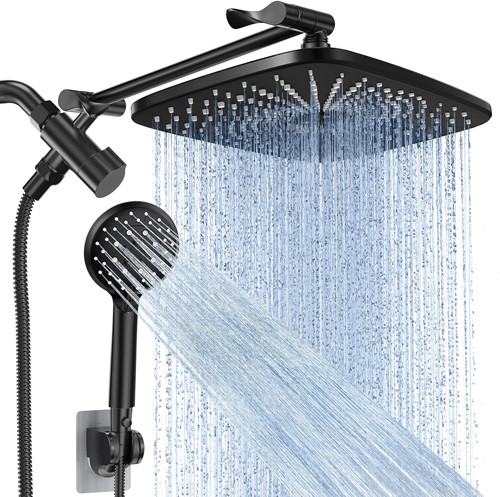

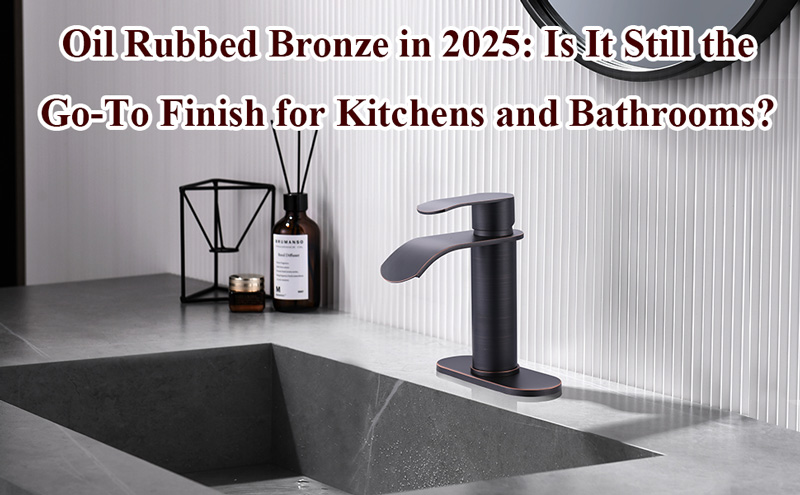


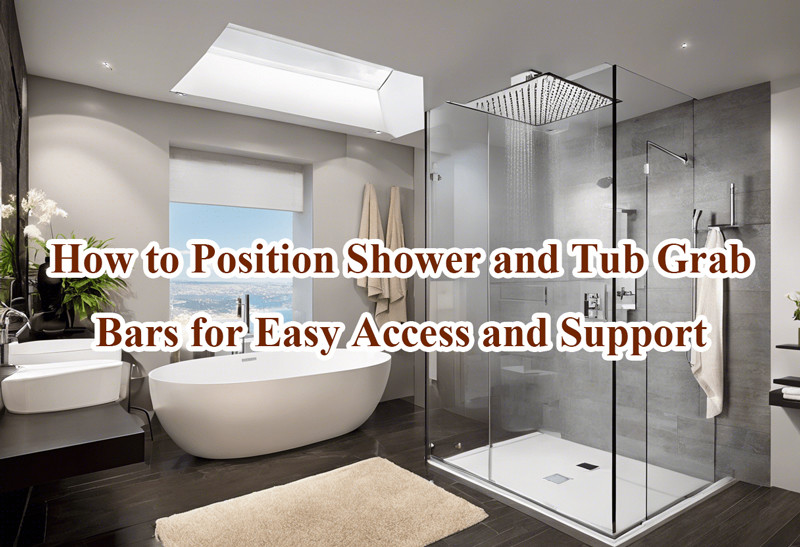
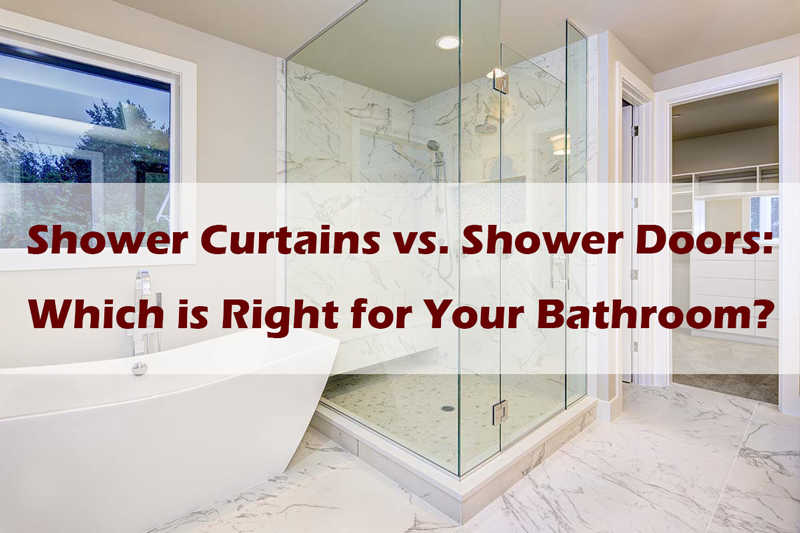
您好!Please sign in